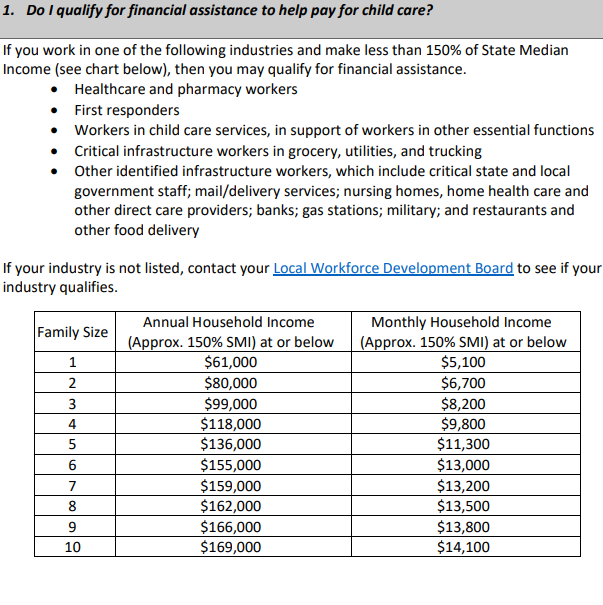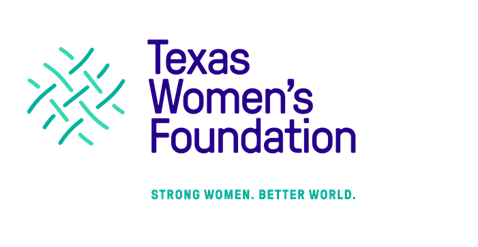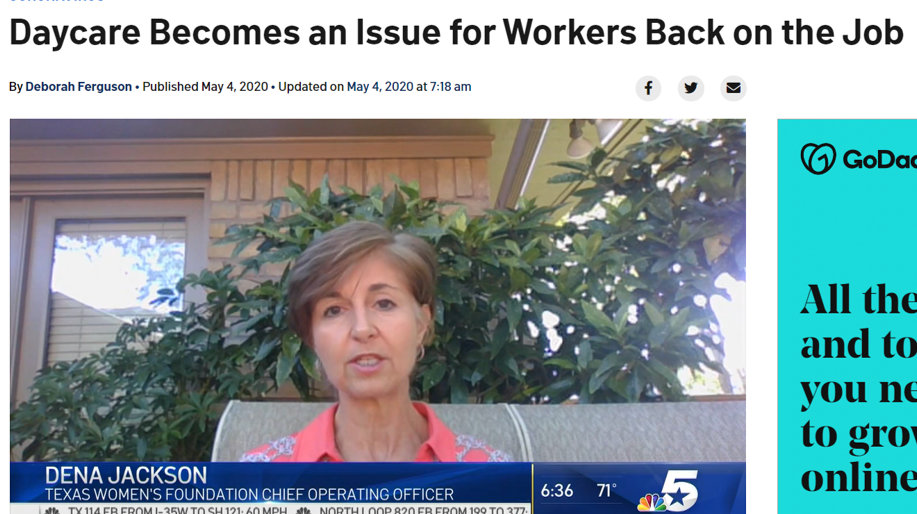[vc_row][vc_column][vc_column_text css=”.vc_custom_1588788123820{margin-bottom: 0px !important;}”]Via: NBC5
By: Deborah Ferguson
It really is a back to work Monday with the reopening of retail and restaurant businesses. Yet for some families in North Texas, it presents a new challenge – childcare.
“Those are two areas (restaurant and retail) where women are also a majority of the workers. And without high-quality child care, these women are not able to return to work to help open our community,” said Dena Jackson, Ph.D., the Chief Operating Officer for the Dallas-based Texas Women’s Foundation.
The foundation maintains childcare is one of the building blocks critical to women’s economic security.
Jackson says right now there’s a conflict between rebooting the economy and daycare centers only open to essential workers. Retail and restaurant employees are not included but Jackson believes the state will resolve the conflict soon.
“For those who aren’t on the list yet, don’t despair. We really think a solution is going to come very soon from the governor,” she said.
“But in the meantime, it’s important that everyone remember that the definition of essential workers is much broader than many think, and it does include restaurant delivery workers, grocery store clerks, banking individuals as well as gas station attendants,” she explained.
Jackson encourages working parents to check the new state website, frontlinechildcare.texas.gov, to see if their job has been added to the list of essential workers. The state also raised income limits to give workers greater access to child care subsidies.
For instance, a family of three making up to $99,000 a year may now eligible for a subsidy. A family of five making up to $136,000 may also be eligible.

To prioritize available childcare, the following essential workers are given priority:
- Health care and pharmacy workers
- First responders
- Workers in child care services, in support of workers in other essential functions
- Critical infrastructure workers in grocery, utilities, and trucking
- Other identified infrastructure workers, which include critical state and local government staff; mail/delivery services; nursing homes, home health care and other direct care providers; banks; gas stations; military; and restaurants and other food delivery
The Dallas Morning News reports statewide, there are 40% fewer childcare operations since the pandemic started.
“We know how important this issue is to working families, and we are giving it the speedy attention it deserves,” The News quoted Gob. Greg Abbott as saying.[/vc_column_text][/vc_column][/vc_row]

